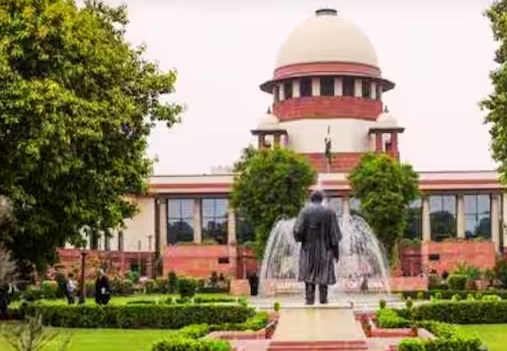Jaunpur Doctor Refuses Treatment: Can a doctor refuse treatment? What is the punishment for not providing treatment in the name of religion?
- bySherya
- 06 Oct, 2025

Patient Rights: A shocking case has come to light in Uttar Pradesh. A patient has accused a doctor of not treating them based on their religion. Let us explain what action will be taken in this case.

Patient Rights Law in India: A shocking case has come to light in Uttar Pradesh. A female patient has leveled serious allegations against a doctor at Jaunpur Women's District Hospital. According to the patient, the doctor refused to see her and another Muslim woman on the basis of religion. 27-year-old Shama Parveen said that the doctor said, "I will not see her, do not bring her to the operating theatre." He saw other patients but refused to see these two Muslim patients. Currently, the opposition is targeting the government on this issue. Let us move away from this and tell you today whether treatment can be refused on the basis of religion.
Can there be discrimination on the basis of religion?
First, let's turn to the Medical Council of India's (now NMC) Code of Medical Ethics Regulations, 2002, which outlines medical ethics. According to this, a doctor should not neglect any eligible patient. If a doctor deliberately refuses treatment without a valid reason, it is considered a violation of this rule.
A research report published in PMC, Medical Negligence: Indian Legal Perspective, states that if a doctor commits gross negligence, such as deliberately not attending to a patient or abandoning him, then it comes under the scope of legal action. Earlier, there was Section 304A (rash or negligent act causing death) of the IPC, which has now been changed to Section 106(1) of the Indian Justice Code (BNS). If someone dies due to negligence, then punishment can be given. But this is applicable only when the negligence is serious. Apart from this, the patient also has the right to file a civil suit in the medical field.
Right to refuse treatment.
Patients have the right to informed consent. This means that they must be fully informed before receiving treatment. Accordingly, doctors also have the right to refuse treatment or refer a patient if they deem the patient's case to be risky or if they lack resources. However, the most important point is that refusing treatment based on religion, caste, or gender is considered illegal and unethical. Patients can sue the doctor for this, and the doctor may be punished. However, this requires evidence of intentional discrimination or negligence.




